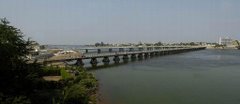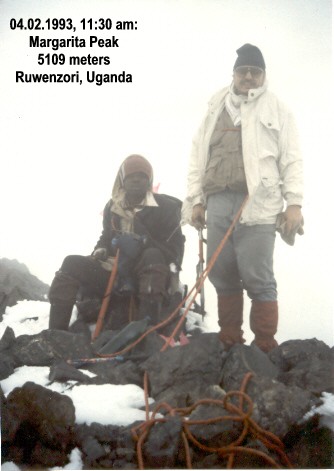Wer Afrika helfen will, darf kein Geld geben
James Shikwati gehört zu den wenigen Marktliberalen in Afrika. Der 36 Jahre alte Shikwati hat vor sechs Jahren in Nairobi das Institut „Inter Region Economic Network“, kurz Iren, gegründet. Mit der Denkfabrik wirbt der ehemalige Lehrer für eine freiheitliche Wirtschaftsordnung in Afrika. Ausländische Entwicklungshilfe lehnt Shikwati ab. Herr Shikwati, was ist schlecht an ausländischer Entwicklungshilfe? Der Begriff Entwicklungshilfe geht am Kern der Sache vorbei. Wer einem anderen hilft, will die Lage des anderen verbessern. Diejenigen, die sogenannte Entwicklungshilfe leisten, verfolgen aber ihre eigenen Interessen. Es geht um Arbeitsplätze für Entwicklungshelfer, und es geht um politischen Einfluss und um Rohstoffe. China ist ein gutes Beispiel. In Afrika stellt China Schecks aus wie kein anderes Land. Das ist der Grund, warum eine Reihe anderer Staaten afrikanische Länder nun geradezu anbetteln, Entwicklungshilfe anzunehmen. Es ist wie ein Wettbewerb zwischen den Geberstaaten, die ihren Einfluss bewahren wollen. Im Gegensatz zu den westlichen Staaten verdeckt China seine Interessen aber nicht mit schönen Worten wie Demokratie oder gute Regierungsführung. China sagt geradeheraus: Wir wollen euer Öl, hier ist das Geld. Chinas Direktheit hat geholfen, das ganze Fiasko der Entwicklungshilfe offenzulegen.



